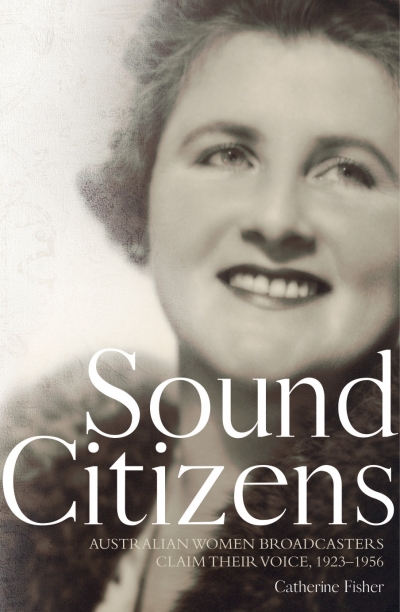Accessibility Tools
- Content scaling 100%
- Font size 100%
- Line height 100%
- Letter spacing 100%
Catherine Fisher
The ABR Podcast
Released every Thursday, the ABR podcast features our finest reviews, poetry, fiction, interviews, and commentary.
Subscribe via iTunes, Stitcher, Google, or Spotify, or search for ‘The ABR Podcast’ on your favourite podcast app.
2025 Peter Porter Poetry Prize Shortlist
Read by the poets
This week on The ABR Podcast we feature the 2025 Peter Porter Prize shortlisted poems, as read by the five poets, published in the January-February issue of ABR.
Recent episodes:
In the pre-television era of the early twentieth century, radio reigned supreme. It offered news and light entertainment, but also a means of communion and solidarity for the many women confined to the domestic sphere. In her new book Sound Citizens, historian Dr Catherine Fisher explores how a cohort of professional women broadcasters, activists, and politicians began utilising radio to improve the status and rights of women in Australia. In today’s episode, we hear from writer and historian Dr Yves Rees, who reviewed the book for ABR’s recent September issue. Rees is a David Myers Research Fellow in History at La Trobe University and co-host of the history podcast Archive Fever. Yves has published widely across Australian gender, transnational and economic history, and also writes on transgender identity and politics.
... (read more)



